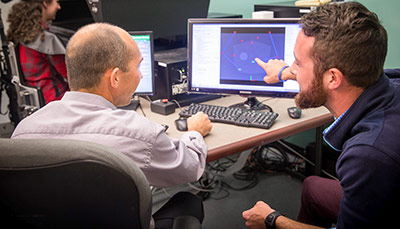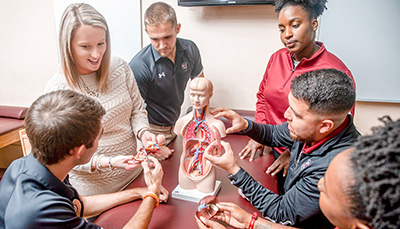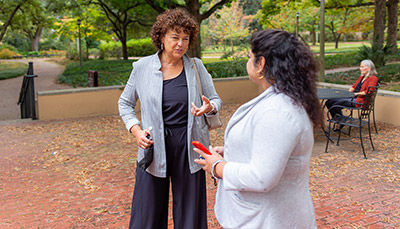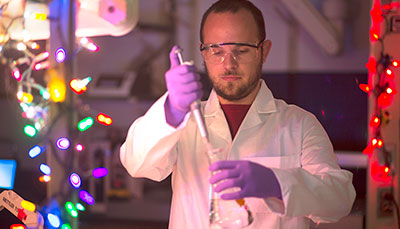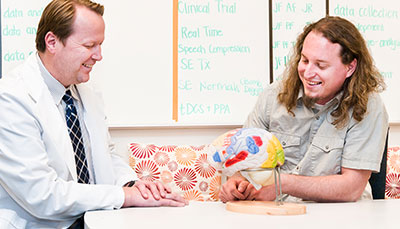Epidemiology, Ph.D.
Arnold School of Public Health
Become a leading expert in research on combating diseases and public health issues and join the forefront of scientific discovery to make a lasting impact in the health of communities everywhere.
Become an epidemiology doctoral student in the reputable Arnold School of Public Health and pursue groundbreaking research, explore complex health trends and drive meaningful change. Work alongside renowned scientists to unlock opportunities for innovation, leadership and to transform the future of public health.
Program Highlights
-
Accredited Education
Study in a program accredited by the Council on Education for Public Health, which assures quality in public health education.
-
Research Experience
Complete a dissertation that demonstrates the principles and methods in advanced epidemiologic research.
-
In-Demand Skills
Apply what you learn in opportunities for research and mentorship by experienced epidemiologists and biostatisticians.
-
Notable Program
Study in a department known for excellence in teaching at a top-tier research institution.
Building Skills
Gain the professional and personal intelligence it takes to have a successful career.
-
Data Analysis
Examining and interpreting information to uncover insights and inform decision making
Leadership
Inspiring and guiding others to achieve common goals and reach their full potential
Research
Gathering and analyzing information to increase knowledge or solve problems
-
Scientific Writing
Communicating scientific research and findings in a clear, accurate and compelling manner
Analytical Reasoning
Breaking down complex problems or situations to identify patterns, connections and solutions
Critical Thinking
Analyzing and evaluating information to make informed decisions or judgments
Using your degree
Make your college experience the foundation for a successful future.
Learn how alumni use degrees with outcome data from Gamecock GradStats, a service of the University of South Carolina Career Center.
Potential Careers
- Faculty
- Researcher
- Data Analyst
- Disease Prevention and Control
Job Titles of Alumni
- Epidemiologist
- Assistant Professor
- Data Scientist
- Research Associate
Average Alumni Salary
Five to 10 years after graduation without additional education $104,850
Workplace Settings
- Universities
- State and Federal Health Departments
- Hospital Systems
- Pharmaceuticals
- Insurance
- Nonprofit Organizations
Employers of Alumni
- S.C. Department of Health & Environmental Control
- Merck
- The National Institutes of Health (NIH)
- BlueCross BlueShield of South Carolina
- Optum
- University Faculty

